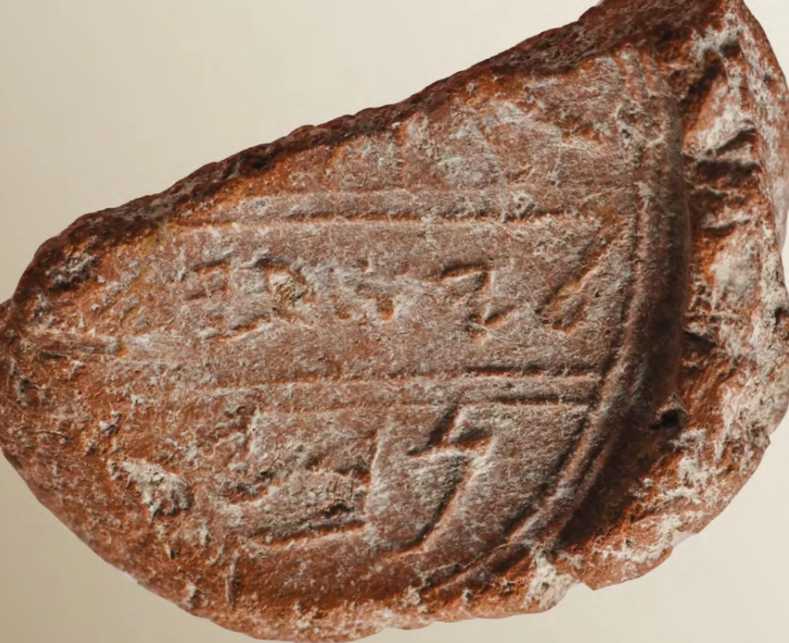 JERUSALEM — An archaeologist in Israel says that a seal that her team discovered during an excavation in Jerusalem several years ago might have belonged to the biblical prophet Isaiah, as it bears the Hebrew name and was found in the same area where another seal bearing the name of King Hezekiah had been unearthed years prior.
JERUSALEM — An archaeologist in Israel says that a seal that her team discovered during an excavation in Jerusalem several years ago might have belonged to the biblical prophet Isaiah, as it bears the Hebrew name and was found in the same area where another seal bearing the name of King Hezekiah had been unearthed years prior.
“We appear to have discovered a seal impression, which may have belonged to the prophet Isaiah, in a scientific, archaeological excavation,” announced Dr. Eilat Mazar of Hebrew University, whose dig team made the discovery in 2009 near the southern wall of the Temple Mount.
She says that the seal, or bulla, definitely is inscribed with the name Yesha’yah, meaning Isaiah, or Yahweh is salvation. It is then followed by what appears to be the word “nvy.” Because the seal is slightly damaged, it is not known whether there was an aleph after the “y,” meaning that it spelled out the word “prophet,” or if the letters meant sometime else.
However, as the 2,700-year-old bulla was found in the vicinity of another seal that bore the name of King Hezekiah, Mazar says that it would make sense if the seal did indeed belong to the biblical prophet.
“We found the eighth-century B.C.E. seal mark that may have been made by the prophet Isaiah himself only 10 feet away from where we earlier discovered the highly-publicized bulla of King Hezekiah of Judah,” she explained.
“If it is the case that this bulla is indeed that of the prophet Isaiah, then it should not come as a surprise to discover this bulla next to one bearing King Hezekiah’s name given the symbiotic relationship of the prophet Isaiah and King Hezekiah described in the Bible,” Mazar added.
In 2015, Mazar announced that while magnifying a number of bullas her crew had catalogued, a team member realized that one of the small seals found near the Old City Jerusalem bore the signature of the biblical king. It contained both text and a drawing of a winged sun.
“Belonging to Hezekiah [son of] Ahaz king of Judah,” it read.
The seal that bears the name of Isaiah was unearthed not far from where the kingly bulla was likewise excavated.
According to Bible.ca, “King Hezekiah, one of the most faithful kings of Judah, and the prophet Isaiah were contemporaries and faithful men of God. They lived in a time where the nation of Judah had suffered through long periods of unfaithfulness, and the revival of faith experienced during Hezekiah’s reign was short-lived and incomplete as far as the population was concerned.”
“The Assyrian empire had overrun Syria and Israel. With the start of the reign of Sargon II, Assyria had conquered Samaria, the capital of Israel. His son, Sennacherib, then attacked Judah. His campaign in 701 BC failed due to God’s intervention. The righteousness of king Hezekiah and Isaiah the prophet were instrumental in Sennacherib’s downfall.”
Mazar acknowledged in a press release that Hezekiah depended on Isaiah for counsel.
Isaiah 38 also outlines that Isaiah prophesied to a deathly ill Hezekiah that he needed to put his house in order for he was going to die. Hezekiah then turned his face to the wall and begged with tears, “Remember now, O Lord, I beseech thee, how I have walked before thee in truth and with a perfect heart, and have done that which is good in Thy sight.”
The Lord then instructed Isaiah to advise the king that He had heard his prayer, and would give him another 15 years of life. Hezekiah recovered as God promised.
Become a Christian News Network Supporter...


